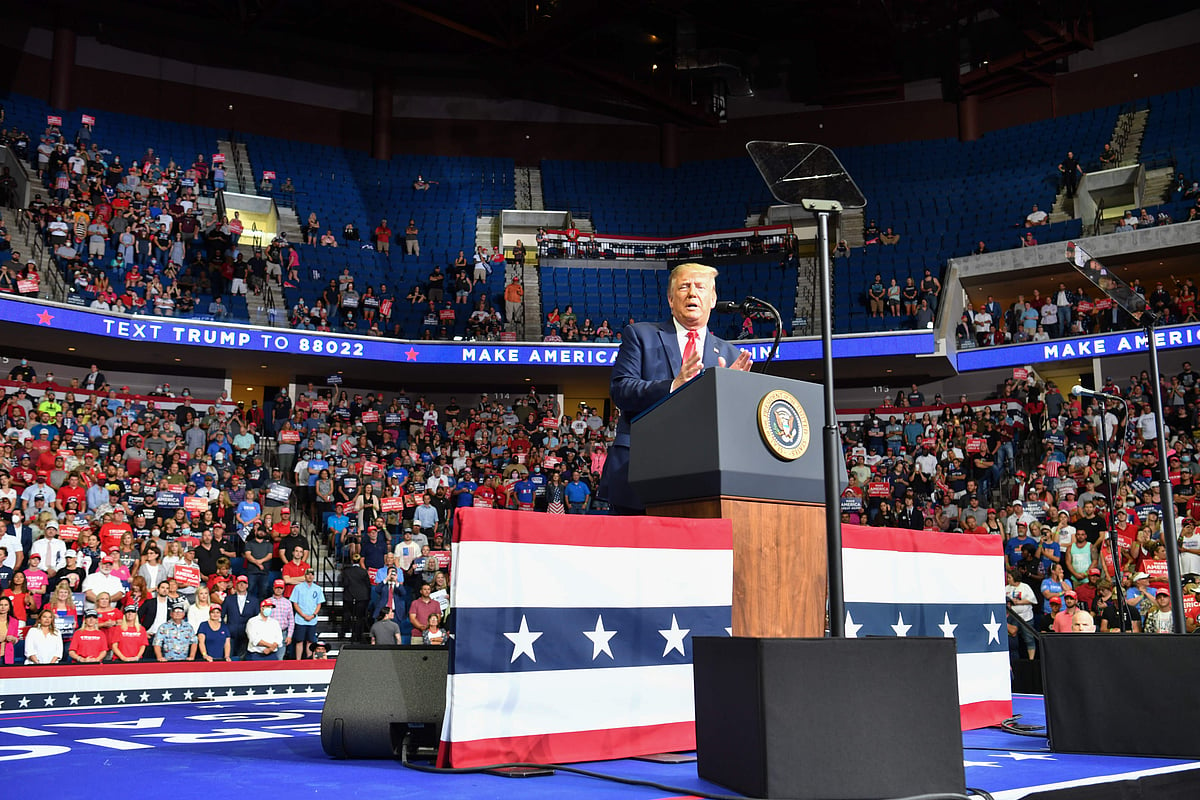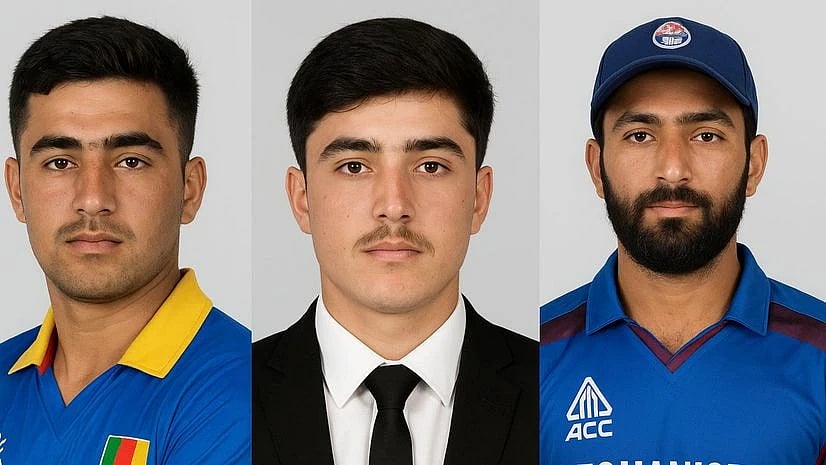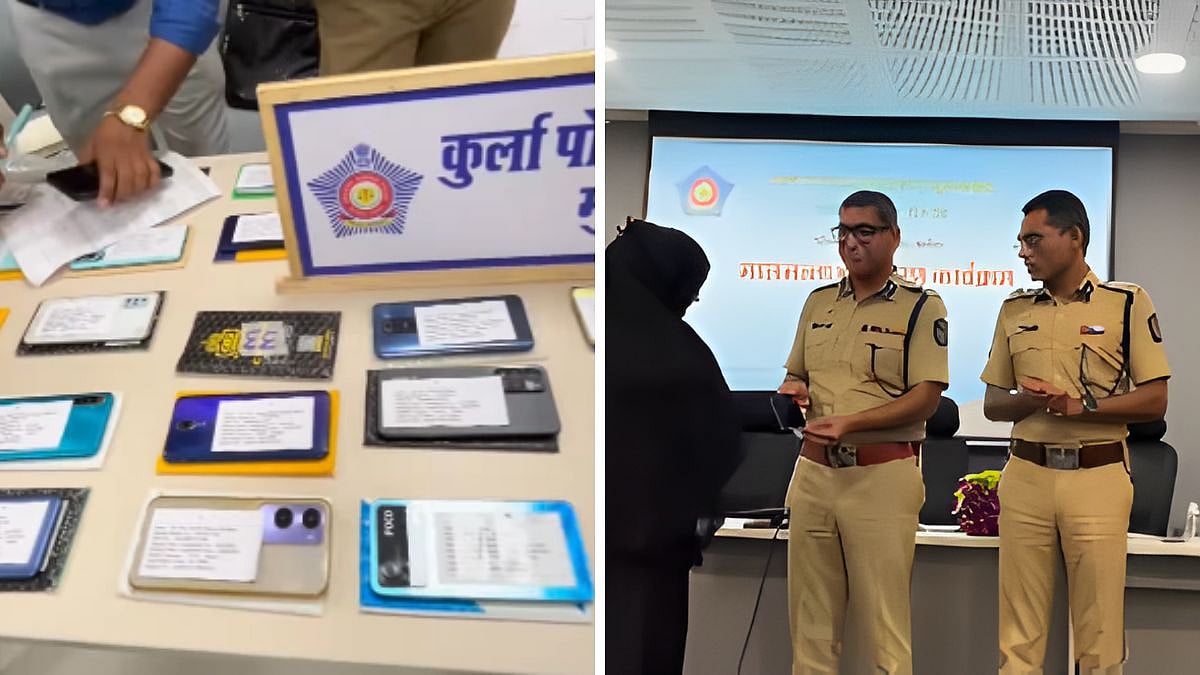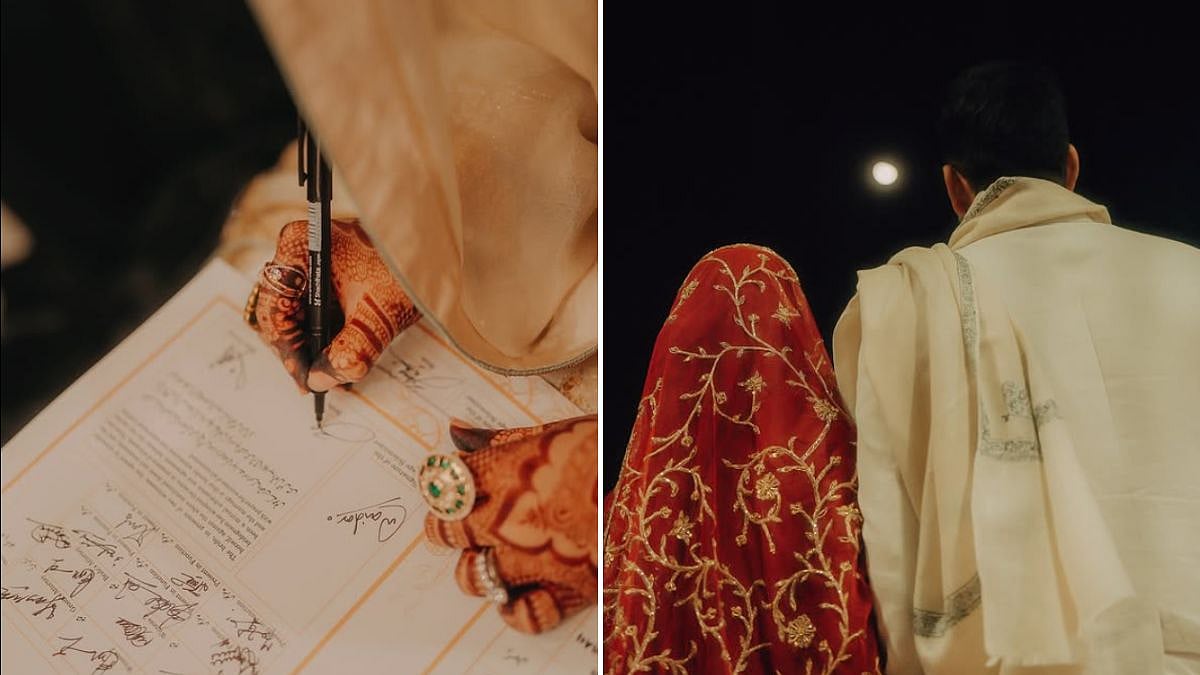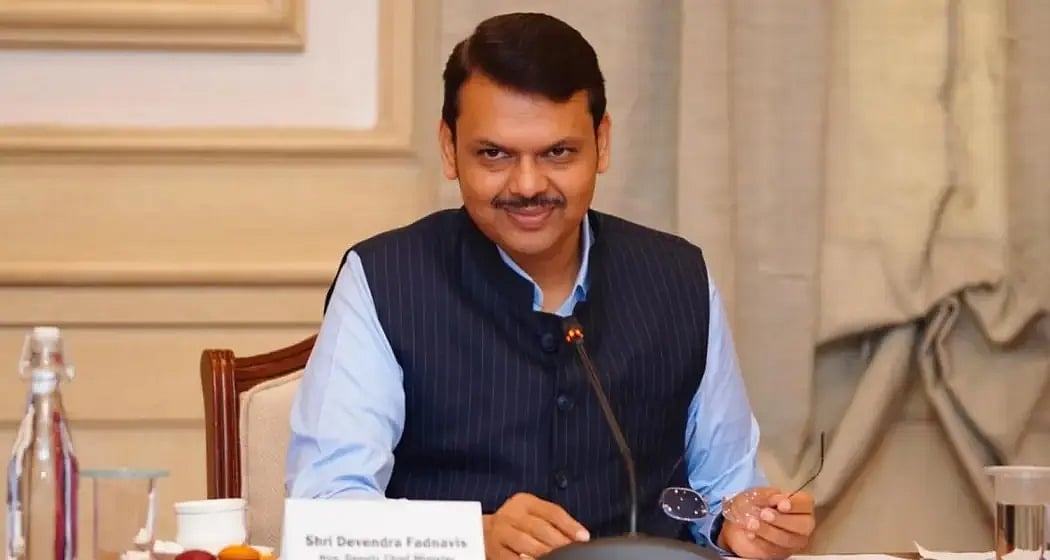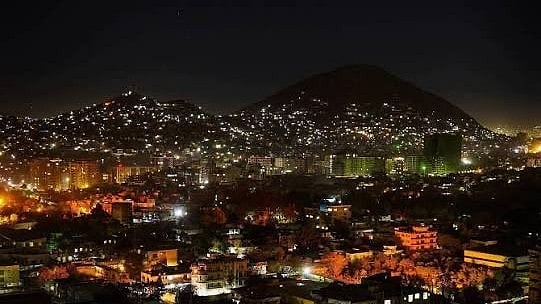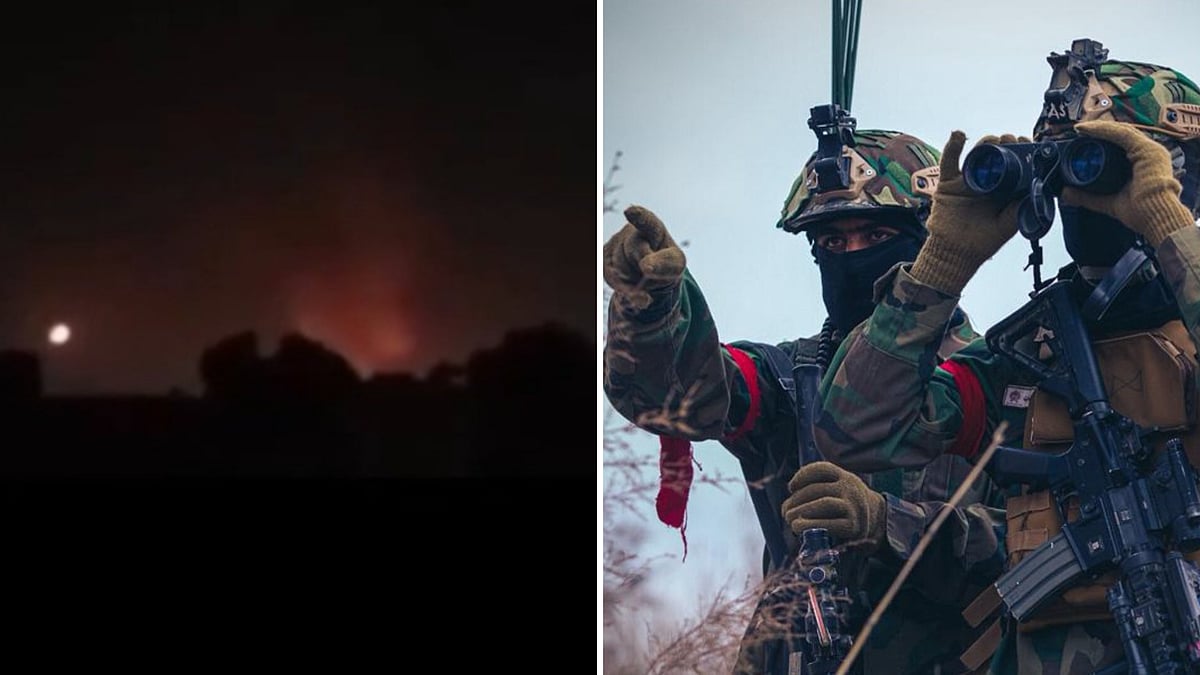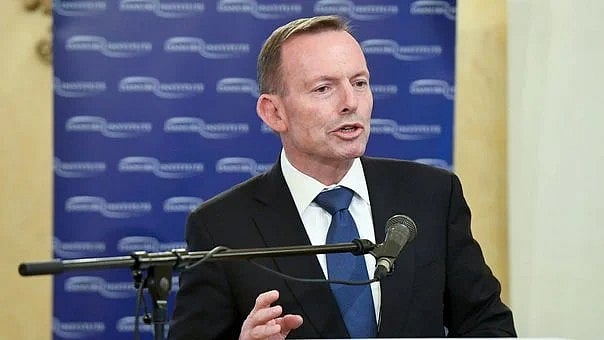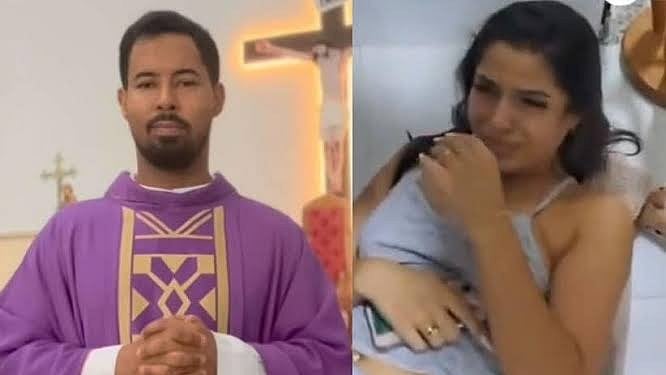US President Donald Trump has suspended till the end of the year the H-1B visas prized by Indian professionals and announced a far-reaching reform plan that could deal a blow to Indian companies that place technology workers in US companies.
The freeze ordered by Trump on Monday will not affect those already in the US on the H-1B and the other work visa categories being put on pause.
Making the announcement, the White House said that Trump wants to reform the immigration system to a "merit-based" one.
Briefing reporters about the reform plan, a senior official said that one of its features would ban companies from bringing in employees on H-1B visas and outplace them to work in other US companies.

Many Indian -- and some US -- companies that act as subcontractors sponsoring workers on H-1B visas and deputing them once they are in the US to work elsewhere could see their business model hit.
The official said that another reform would change the way the 85,000 annual H-1B visas are given from the current lottery system to one where the wages will determine who gets them.
Those offered the most wages will get priority instead of those hitting "a lucky number" in the lottery, the official said.
Indians are the single largest group of H1-B visa-holders accounting for nearly 74 per cent of the work visas.
The official said that Trump wants the wage structure for H-1B visas to be changed from the current one set during the administration of former President Bill Clinton, and the new minimum will be the 50th percentile of the national income.
That is the median income or the middle of the range and is currently $63,000, according to the Census Bureau.
The official said that Trump wants the changes made as soon as possible "will do so by regulation as soon as we possibly can."
When Trump imposed a 60-day pause on permanent immigrant visas or green cards on April 22, the H-1B and other temporary work visas escaped the freeze but are now affected.
The green card restrictions, which do not apply to spouses and children of immigrants, will also now continue until the end of the year.
The White House announcement of the new freeze said that it would also encompass H-2B, H-4, L-1 and J-1 visas.
However, those in the healthcare field and those considered important for national security will be exempt and continue to receive visas, as will farmworkers and nannies.
The White House linked the freeze to the high unemployment level in the US because of the COVID-19 blow to the economy saying that the pause is to "ensure we continue putting American workers first during our ongoing coronavirus recovery."
The official said the pause would help workers already in the country get access to more than 525,000 jobs.
The COVID-19 pandemic has become a justification for Trump's longtime intent to restrict immigration, a demand of a part of his base as well as of some in the Democratic Party who have reservations about the impact of immigration on wages.

The economic disruption caused by the pandemic has led to a groundswell of opposition among Americans to immigration and foreign workers with various polls showing more than two-thirds supporting restrictions.
On the other hand, US businesses -- particularly in the Silicon Valley -- have opposed restrictions on the visas and asserted that they would, in fact, affect the nation's economy, where immigrants and those on work visas have disproportionately been founders of companies, besides holding up America's global leadership in technology.
The Indian government considers restrictions on H-1B an important issue and External Affairs Minister S Jaishankar said in December that he had told US officials that the visas "should not be obstructed" or "unreasonable legislative provisions should not constrain" them.
H-2B visas are for non-professional workers. An exemption is be made for agricultural labour in this category on whom the US food supply depends, the official said.
Similarly, in the J-1 category nannies or au pairs -- who are employed by the elite across the political spectrum -- are exempt, while it would apply to scholars and researchers except those in certain health or specialised fields or are professors.
The H-4 visas are for spouses of H-1B workers and the restrictions are linked.
Employees transferred by their companies to work in the US are given L-1 visas.
Under new rules announced on Monday by the immigration service, asylum applicants cannot apply for work authorisation for a year instead of the current 150 days.
Explaining the rationale for the proposed reforms to the H-1B visa system, the official said that last year there were 225,000 applicants for the 85,000 slots and the lottery determined who got them.
The applicants with the top 85,000 wage offers would get the H-1B visas in the switch to a system based on income.
Basing the visas on the highest wages offered will help determine who will contribute the most to the US economy, the official said.
The official said, "This will drive both the wage level and the skill level of the H-1B applicants up. It will eliminate competition with Americans, it will reduce American competition in these industries at the entry-level, and will do more to get the best and the brightest."
Regarding the proposal to ban outplacement, the official gave the examples of Disney or AT&T where subcontracting companies sent in workers who "end up displacing American workers."
The official said that these two companies "infamously had their American citizen employees training their H-1B replacements as their last act" before being laid off.
Disappointed, say Congresspeople
Congressman Raja Krishnamoorthi on Monday (local time) expressed disappointment over the new restrictions on work visas, including H1-B visas used widely in the tech industry, and urged President Donald Trump to roll back the order to ensure a broader economy and more jobs that could combat the next phase of the pandemic and make way for economic recovery.
"I'm deeply disappointed by President Trump's misguided order to suspend these key work visa programs. I urge him to reverse this decision to help ensure our health care system and broader economy are ready to combat the next phase of this pandemic and to create the jobs we need for our economic recovery," Krishnamoorthi said in a statement following the announcement of new restrictions on work visas by the administration.
"The H-1B program, in particular, plays a crucial role in addressing our dangerous shortage of health care professionals while also providing other key sectors of our economy with talent from around the world to not only fill jobs but create new ones. Suspending this program will only weaken our economy and our health care workforce at a time when they need to strengthen both is as clear as ever," the Congressman added.
Meanwhile, Congresswoman Donna Shalala from Florida and Chellie Pingree from Minnesota also showed displeasure on the development, saying the executive order is yet another example of President Trump using the coronavirus pandemic to advance a hateful and extreme anti-immigrant agenda.
"President Trump is now attacking American business - and jeopardising our economic recovery - in service of xenophobia. America will be poorer and less competitive because of it," Shalala said on Twitter retweeting a New York Times article on the same.
"A ban on student visas is not only contrary to America's core values of supporting an open exchange of ideas and cultures, it also undermines educational opportunities for students and Maine schools which benefit from these international exchanges," Pingree tweeted.
Trump will sign an executive order suspending foreign work visas, barring hundreds of thousands of people from coming to work in the US. The move includes the H-1B program for high-skilled workers and several other categories.
The new policy is "extending and expanding" on Trump's April pause on issuing new green cards, which will continue beyond the initial 60-day period until the end of the year, according to a senior administration official.
The move would free up 525,000 jobs, making a dent in the high unemployment rate caused by the coronavirus pandemic, the official added.
Under these reforms, the H-1B program will prioritise those workers who are offered the highest wage, ensuring that the highest-skilled applicants are admitted, the White House said.
The development marks the latest efforts to bar the entry of immigrants to the country.
